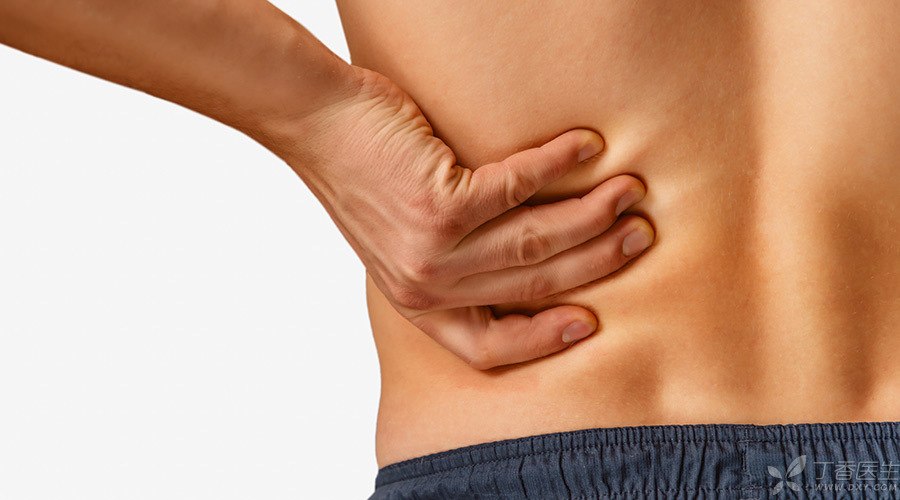
Only when the kidney is good can the body be good.
Kidney is good, he is good, I am good…
I believe that everyone can casually say a few words about the advertisement words of various [kidney tonifying] products.
However, a good kidney is really not replenished. In fact, as long as you don’t do anything to hurt the kidney, the kidney will be much better.
However, it is really easy to hurt the kidney. For example, many people have not paid attention to the two problems we are going to talk about today.
One of the Neglected Factors of Renal Injury: Hypertension
First of all, I would like to tell you a little knowledge. Kidney is an organ that deals with blood at all times. Any factor causing cardiovascular and cerebrovascular injury can harm kidney.
Kidney is an organ with abundant blood supply and blood perfusion. Its basic renal unit glomerulus is a microvascular mass, so kidney is very sensitive to changes in blood pressure.
In addition, the kidney is also involved in the regulation of blood pressure. At present, more and more evidences show that kidney problems are related to hypertension.
Some patients with renal failure or even dialysis after hypertension are mostly accompanied by insulin resistance, obesity, smoking, high uric acid, low density lipoprotein, low birth weight and other factors.
Therefore, if one has urinary protein or one of the above risk factors, one should pay close attention to the changes of one’s blood pressure and must maintain the blood pressure at the level of 130/80 mmHg.
People suffering from hypertension for more than 10 years should be specially reminded that the risk of kidney injury is greater and blood pressure should be well controlled.

The Second Neglected Kidney Injury Factor: Hyperuricemia
Uric acid is one of the common metabolites in human body. When there is too much uric acid in the body, uric acid crystals can not only deposit in renal tissue to cause renal damage, but also directly affect glomerulus to cause renal damage.
Current studies have confirmed that patients with serum uric acid levels greater than 420 umol/L in men and postmenopausal women and 350 umol/L in premenopausal women can be diagnosed as hyperuricemia. Once diagnosed, hyperuricemia kidney damage may occur.
However, the process is very long, Most patients have a medical history of more than 10 years and are closely related to personal heredity, whether accompanied by hypertension, arteriosclerosis and other factors, so that for a long time, academia did not believe that hyperuricemia can directly lead to renal damage. In recent years, epidemiological studies have confirmed that hyperuricemia can lead to increased urinary protein and glomerular damage.
When hyperuricemia is found, the first thing to do is to change diet and bad living habits, such as:
- Abstinence from alcohol; Low protein, low fat and low salt diet; Limiting high purine foods; Lose weight and exercise more.
However, in addition to eating (external intake), uric acid in the human body is more produced internally. Therefore, patients with persistent hyperuricemia also need to take drugs to reduce uric acid, such as febulistat, allopurinol, benzbromarone, etc.
Instead of superstitious belief in various [kidney tonifying] methods, it is better to have a balanced diet, active exercise, regular physical examination, active control of blood sugar/blood pressure/blood lipid, quitting smoking and drinking, weight control, and no abuse of drugs (even tonic drugs)…
These humble living habits are the [secret recipe] that really keeps people’s kidneys alive.
